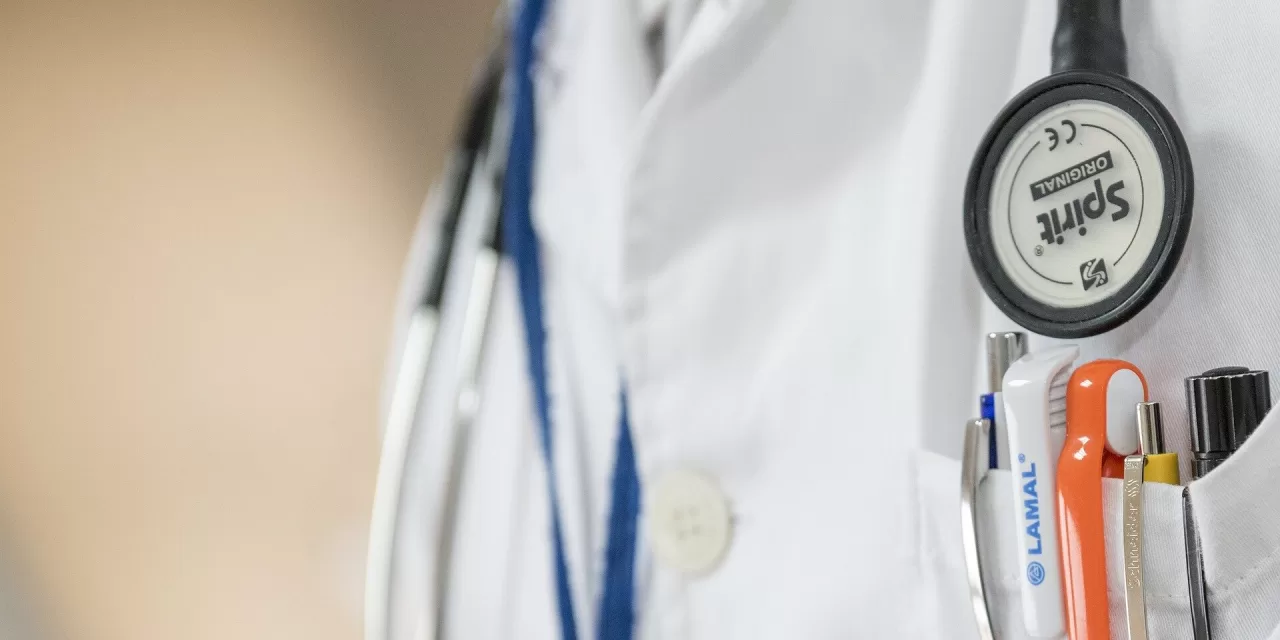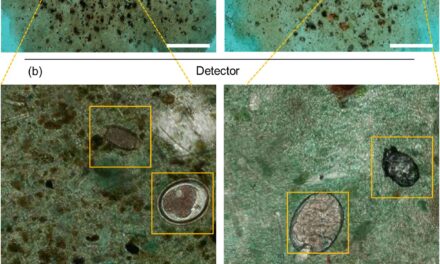The journey from clearing the National Eligibility-cum-Entrance Test – Undergraduate (NEET-UG) to pursuing postgraduate medical studies has evolved into a complex and pressure-filled race. Medical students today face intense competition, a thriving coaching industry, and a system that often prioritizes exams over holistic education. This has reshaped how students approach their MBBS curriculum, with many beginning NEET-PG preparation from the very first year.
From Lecture Halls to Coaching Apps
“More than half of the students start preparing for NEET-PG from their first year itself,” shares Dr. Anurag, an MBBS student. This early start is fueled by the allure of online coaching platforms offering shortcuts to success. Students increasingly rely on video lectures and concise notes tailored for NEET-PG, sidelining traditional textbooks and academic readings. Ironically, these resources are often sufficient to ace college exams, creating a cycle where deeper engagement with medical subjects seems unnecessary.
However, this approach has its drawbacks. Practical clinical shifts, essential for developing real-world medical skills, are frequently neglected. “Coaching classes promise to cover clinical aspects, but nothing replaces actual patient interaction,” Dr. Anurag explains. This over-reliance on coaching apps leads many to chase popular specializations like radiology or general medicine without truly understanding their personal interests or aptitudes.
A System That Breeds Pressure
The pressure to begin NEET-PG preparation early is immense. Dr. Rishiraj Sinha, Senior Resident at the Department of Transfusion Medicine and State Convenor of the Indian Medical Association – Junior Doctors’ Network (IMA JDN) Delhi, highlights the double-edged nature of this trend.
“Students feel compelled to join the rat race when they see their peers starting early. This often comes at the expense of patient care and the doctor-patient interaction skills that are irreplaceable in clinical practice,” he says.
This hyper-focus on NEET-PG preparation can lead to regret. Dr. Sinha recalls instances of colleagues leaving their postgraduate programs midway, realizing their chosen specialization didn’t suit them. “Without proper exposure during MBBS, students are making uninformed career choices,” he adds.
Compounding the problem is inadequate infrastructure and faculty in many medical colleges, pushing students to rely on external coaching resources. While these resources fill knowledge gaps, they perpetuate the notion that attending college lectures and clinical shifts is unnecessary.
The Coaching Industry’s Influence
The rise of online coaching platforms has dramatically changed the preparation landscape. According to Dr. Utsava Bhattacharjee, Director of Reflex at Gooded Technologies, the timeline for NEET-PG preparation has shifted. “Earlier, students prepared during internships or after completing MBBS. Now, with online apps, preparation starts as early as the second year,” he notes.
This trend is financially beneficial for coaching platforms. “If students subscribe in their second year, companies can monetise them for several years instead of just one,” Dr. Bhattacharjee explains.
Social media adds another layer of pressure. Peer comparisons and the glorification of certain specializations create a fear of missing out (FOMO), further pushing students to begin preparations early.
The Cost of the Race
This early, exam-focused culture has far-reaching consequences. Students often miss out on formative MBBS experiences, including diverse clinical postings, patient interactions, and the joy of learning medicine. Instead, their focus narrows to cracking an exam that increasingly defines their worth as doctors.
The obsession with NEET-PG also skews career choices. “Many students chase lucrative or prestigious branches like radiology or general medicine without understanding what these fields entail,” Dr. Bhattacharjee points out. “As a result, many residents leave their programs midway, realizing it’s not what they wanted.”
Finding the Balance
Experts agree on the need for balance. While NEET-PG preparation is essential, it shouldn’t overshadow clinical exposure, practical skills, or personal growth.
“A dedicated year of preparation is enough,” Dr. Anurag advises. Starting too early often leads to burnout and misplaced priorities. Dr. Sinha echoes this sentiment, urging students to use their MBBS years to explore interests, attend clinical shifts, and build a solid academic foundation.
As medical education continues to evolve, the focus must shift from merely preparing for exams to nurturing competent, compassionate doctors. After all, the ultimate goal of medical education isn’t just cracking an exam — it’s saving lives.












